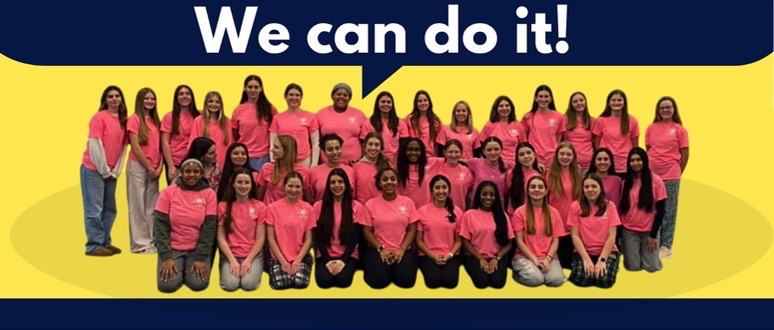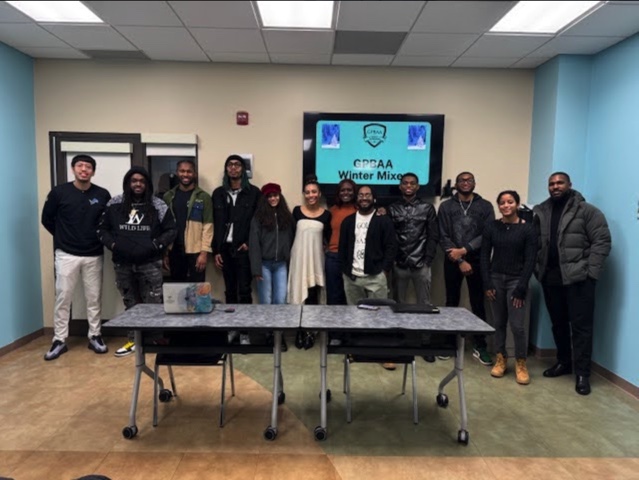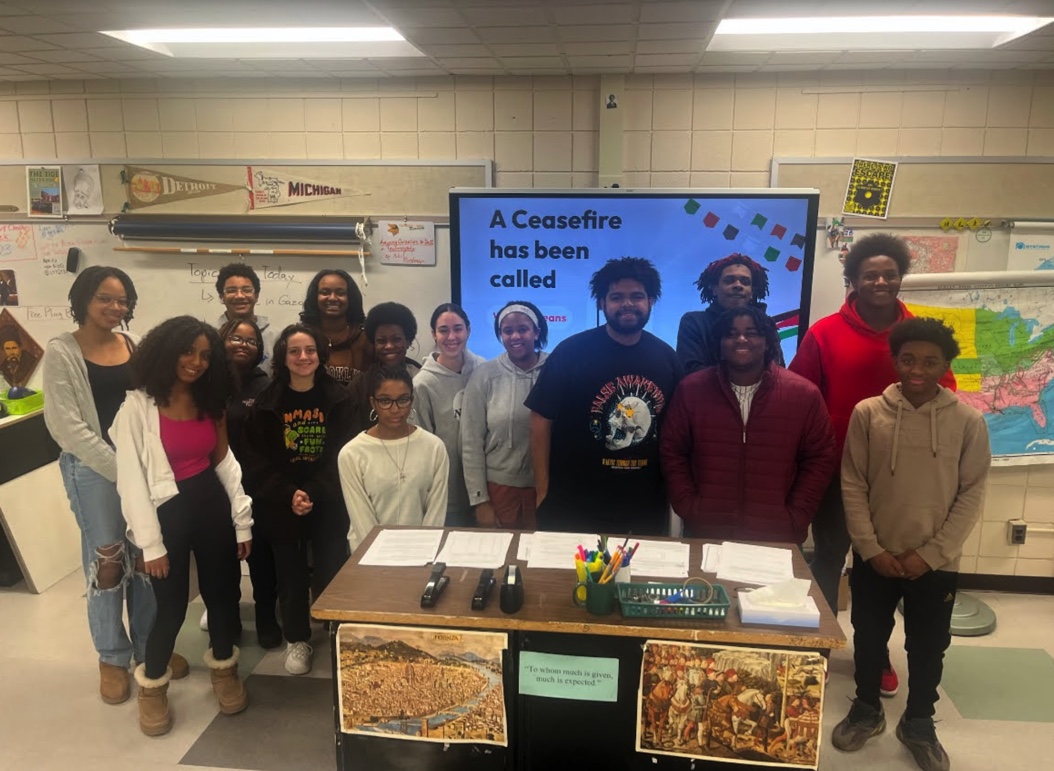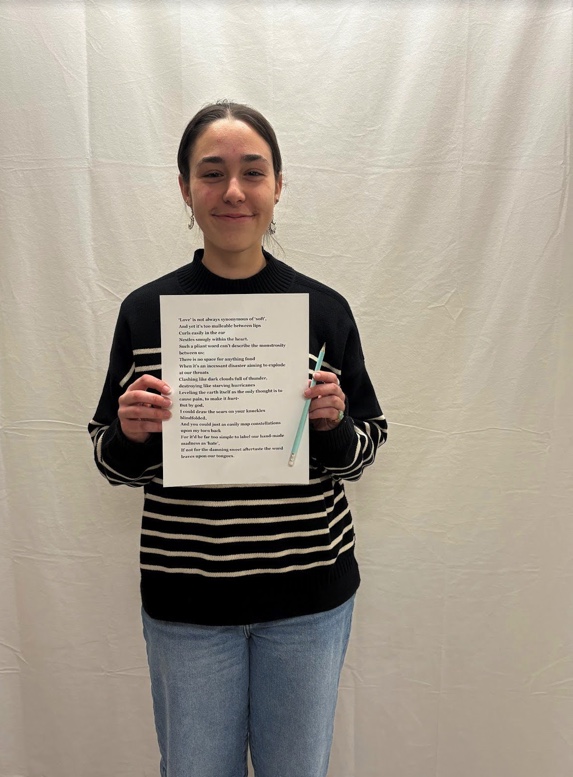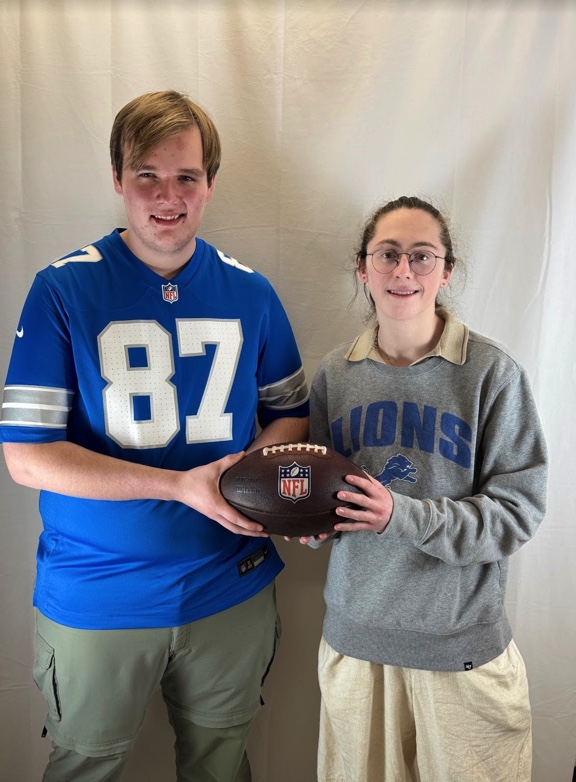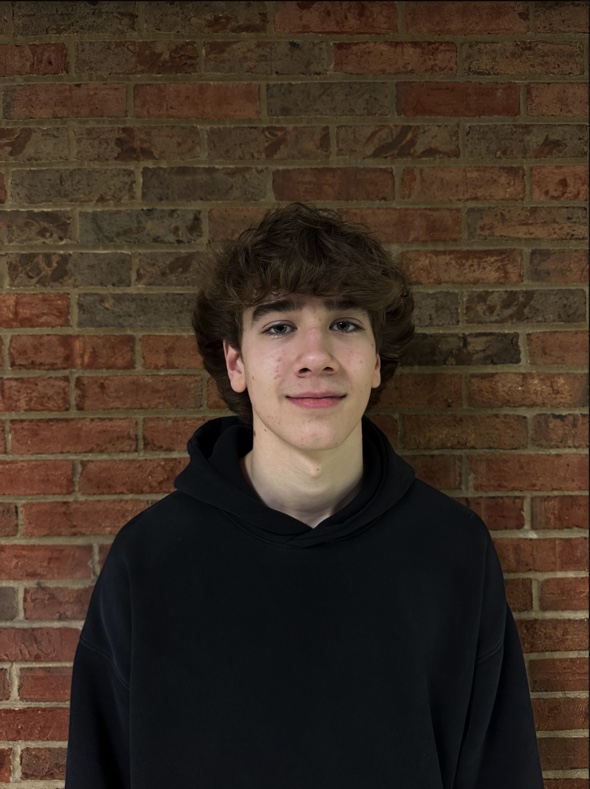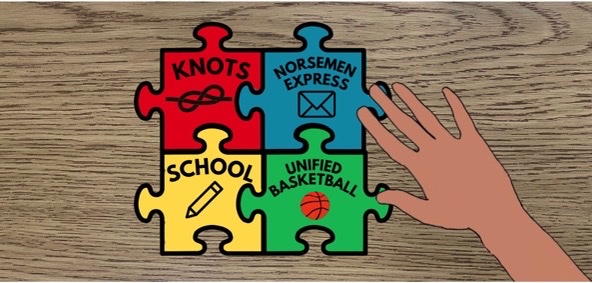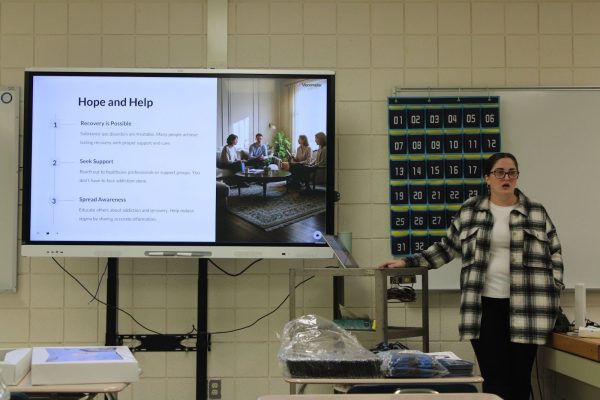
Formerly called Families Against Narcotics, the Face Addiction Now group’s first meeting at North was held on Monday, Nov.11. FAN is a Michigan-based non-profit organization whose mission is to educate and help people struggling with substance use disorder. This mental disease makes the affected individual unable to control their intake of drugs, eventually leading to addiction.
According to senior meeting attendee Helena Piacenti-Rodriguez, no matter the age, drugs are something that should be talked about both in and outside of school and the reason that many people turn to drugs is because of the lack of transparency within schools and families.
“It’s too widely accepted because of the health issues that come along with it and it’s something that should definitely be more talked about in classrooms and with families,” Piacenti-Rodriguez said.
FAN Director of Community Education, Madie Tortomasi, visits anywhere from 20 to 30 schools per semester, giving presentations about substance use disorder from elementary schools up to universities. Tortomasi strives to see her presentation reduce misconceptions and false beliefs about addiction.
“It’s a disease that’s very misunderstood and there’s a lot of stigma associated with it,” Tortomasi said. “I think I’m just really passionate about making sure that people understand that there is help available.”
Even with the immense amount of prevention programs like FAN, School Resource officer Jeff Martell believes that most people suffering from substance use disorder begin with nicotine and evolve further into more hard drugs.
“They’ve started off with vaping, I used to be a DARE [Drug Abuse Resistance Education] instructor,” Martell said. “So I believe that it’s just progressing from there because nobody knows what’s being put in some of these vapes.”
Along with washing away the misinformation, Tortomasi also wants to continue educating teenagers in general about drugs and how to prevent their usage early so that it is not such an uneducated topic later in life.
“What we’re trying to do now is bring prevention back to schools and doing it in a unique way so we can have this conversation with people who are younger,” Tortomasi said. “Really educating young kids from the beginning so that they come into their adulthood having a better understanding of the disease.”
The prevalence of drugs in the newer generations is seen as early as 10 years old, Martell believes, and that substance use at such a young age should be blamed on at-home circumstances.
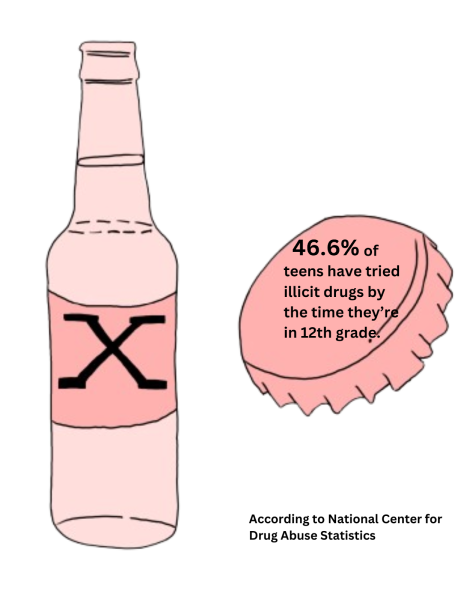
“It’s even affecting the younger kids,” Martell said. “It’s starting as early as middle school, you know, sometimes sooner, and I think it comes from what could be taking place at home.”
A big reason drugs are so prevalent in the younger generation is because of social influence making teenagers feel that they need to participate in substance use, according to Piacenti-Rodriguez.
“We have a lot of peer pressure going on, it’s one of the main reasons kids our age do drugs and other substances abuse, but learning to weigh the facts against other people’s opinions and expectations of you just leads you to have a better and healthier life,” Piacenti-Rodriguez said.



